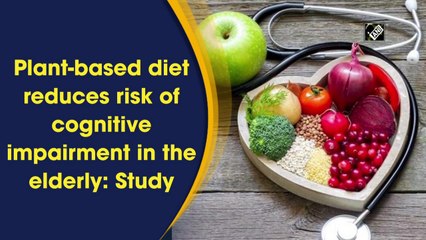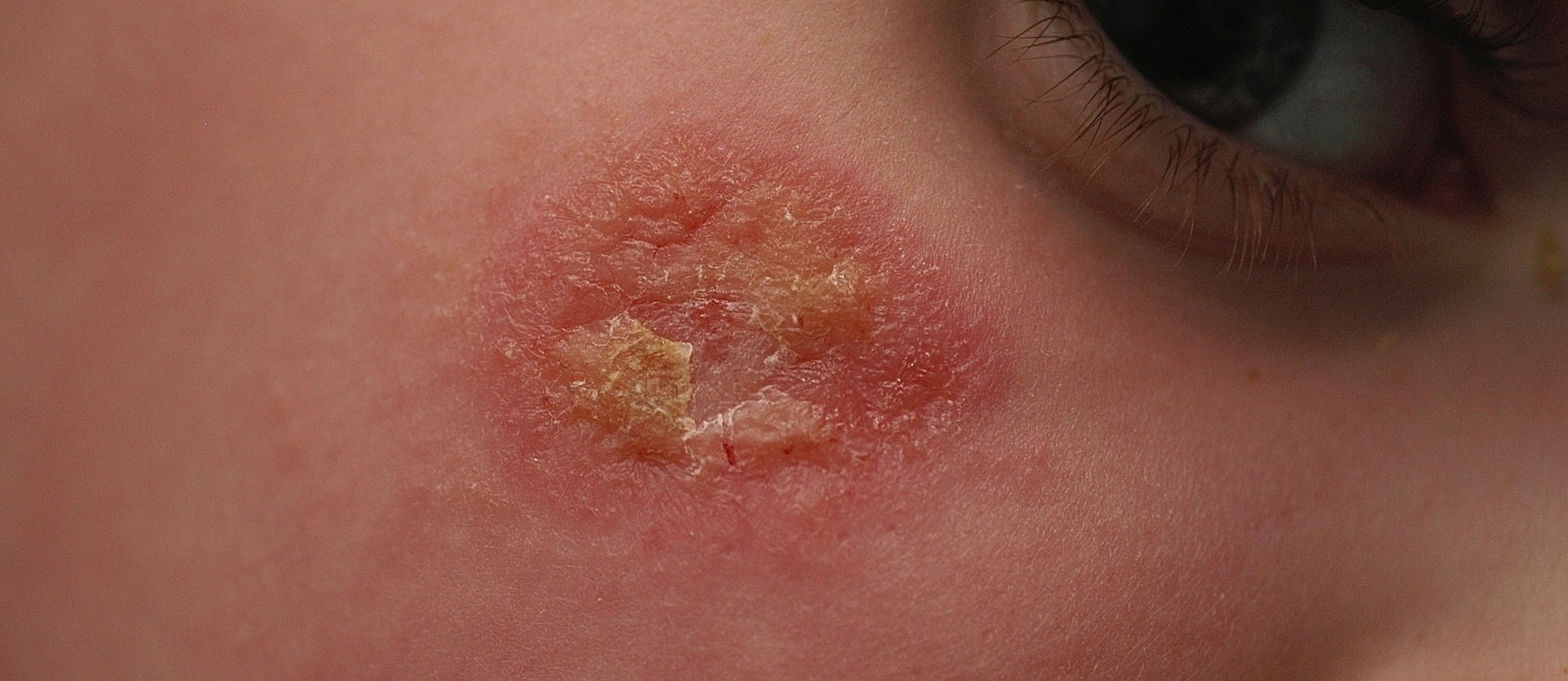
The Mayo Clinic Mediterranean Diet follows an open-ended philosophy, meaning it does not specify calorie amounts or physical activity levels. This diet is generally safe for healthy adults. The diet contains a high level of carbohydrates, which can prove dangerous for those with uncontrolled diabetes. Additionally, the Mediterranean diet encourages drinking a glass every day of wine. This is not recommended for those taking certain medications.
Olive oil
Mayo Clinic Mediterranean diet using olive oil is a diet that focuses heavily on plant-based diets. Its primary source of added fat is olive oil, which contains monounsaturated fatty acids that may help lower total cholesterol and reduce the risk of cancer. The diet also includes fish and poultry in moderation, and omits red meat. The diet also includes olive oils as a healthier substitute for butter.
Whole grains
The Mayo Clinic Mediterranean diet includes whole grains and plenty of other plant-based foods. It has a low amount of animal-based fat and high levels of fish, poultry, whole grains and other plant-based foods. It has been associated with many health benefits, including a reduced risk of chronic diseases like heart disease, diabetes, and stroke. Additionally, the Mediterranean diet is rich in omega-3 fatty acids, which may help fight inflammation.

Nuts
Nuts are high in essential fatty acids, fiber, and healthy minerals. They have been shown to help prevent cardiovascular disease and lower the risk of total cancer. Studies on the impact of nuts on obesity and diabetes are mixed. Nut intake has also been linked to lower levels of cholesterol.
Fish
The Mayo Clinic Mediterranean Diet is a diet that emphasizes fish and plant-based food. It has been proven to reduce your risk of developing heart diseases and promote a healthy heart. This diet is rich with fish and other seafood. It's often combined alongside other Mediterranean foods. It has a number of health benefits, including lowering cholesterol and blood pressure.
Fruits
Figs are one the most prominent fruits of the Mediterranean diet. They are used to make desserts. Calabria is famous for its fig syrup. This sweet syrup is brown in color and a popular ingredient in typical foods and cakes.
Low-fat dairy
Mayo Clinic Mediterranean diet encourages eating a variety of fruits, vegetables, and low-fat dairy products. It encourages whole grains, legumes and nuts as well as olive oil. It also suggests limiting red meat and processed or refined foods.

Low-sodium foods
Mediterranean diet encourages whole food consumption with low sodium levels and the avoidance of processed foods. It also discourages deep-frying fish and enhancing the flavor of foods with high-fat condiments. It also promotes socializing over meals and daily physical activity.
FAQ
How often should I exercise?
Exercise is essential for maintaining a healthy lifestyle. But, you don't need to spend a specific amount of time exercising. The key is finding something you enjoy and stick with it.
You should aim to do 20-30 minutes of moderate intensity exercise three times per week. Moderate intensity means you'll be breathing hard long after you're done. This type is good for burning around 300 calories.
You can walk for 10 minutes every day if that is what you prefer. Walking is low impact and easy on your joints.
You can also run for 15 minutes, three times per week. Running is a great exercise to build muscle tone and burn excess calories.
Start slow if it's your first time exercising. You can start with only 5 minutes per week of cardio. Gradually increase your cardio duration until reaching your goal.
Does being cold give you a weak immune system?
It has been said that there are two types of people on the planet: those who love winter or those who hate it. But, regardless of whether you love or loathe winter, you might be wondering why it makes you miserable.
Our bodies are made to function well in warm weather. Because of this, our bodies evolved to thrive and survive in hot climates.
We live in a very different environment than our ancestors. We spend more time indoors, are often exposed at extreme temperatures (cold and hot), and eat processed food rather than fresh.
Our bodies don't have the ability to tolerate extreme conditions anymore. When we venture out, our bodies are unable to handle the extremes. This leaves us feeling exhausted, sluggish, or even sick.
However, there are ways to counter these effects. Keep your body hydrated. If you drink plenty of water, you'll help keep your body properly hydrated and flush toxins from your system.
It is important to eat healthy foods. Consuming healthy food helps maintain your body's optimal temperature. This is especially true for those who spend extended periods of time indoors.
It is worth taking a few extra minutes each day to meditate. Meditation is a great way to relax your body and mind. It makes it easier for you to cope with stress and illness.
What is the working principle of an antibiotic?
Antibiotics are drugs which destroy harmful bacteria. To treat bacterial infections, antibiotics are used. There are many different types of antibiotics. Some can be taken orally while others can be injected. Others are topically applied.
For people who have been exposed, antibiotics are often prescribed. For example, if someone has had chicken pox, he or she might take an oral antibiotic to prevent shingles later on. Penicillin might also be administered to someone with strep throat. This will help prevent the possibility of developing pneumonia.
Children should not be given antibiotics without the consent of a doctor. Children are more likely to experience side effects than adults from antibiotics.
Diarrhea is the most common side effect from antibiotics. Other side effects possible include dizziness, nausea, vomiting, stomach cramps, stomach pains, dizziness and allergic reactions. These side effects usually disappear once treatment has ended.
What can you do to boost your immune system?
The human body is composed of trillions if not billions of cells. These cells work together to form organs and tissues that perform specific functions. Another cell takes its place when a cell dies. Hormones, which are chemical signals that allow cells to communicate with one another, enable them to do so. Hormones regulate every bodily process, from growth and development to metabolism as well as immunity.
Hormones are chemicals secreted by glands throughout the body. They travel through blood stream and act as messengers that control the function of our bodies. Some hormones are made internally, while some are externally produced.
The hormone-producing glands release their contents into bloodstream. This is when hormone production starts. Once hormones have been released, they travel through the body to their intended organ. Some hormones may only remain active for a limited time. Other hormones remain active longer and still have an influence on the body's functioning long after they leave bloodstream.
Some hormones are produced in large quantities. Others are produced in small amounts.
Certain hormones can only be produced at specific times in life. Estrogen is one example. It's produced in puberty, pregnancy and menopause. Estrogen helps women develop breasts, maintain bone density, and prevent osteoporosis. It helps to stimulate hair growth and maintains skin's softness.
Why does weight change as we age?
How do you know if your bodyweight changes?
A person who has less body fat than their muscle mass will experience weight loss. This means that the daily calories consumed must not exceed the energy used. Activity levels are the most common reason for weight loss. Others include pregnancy, hormonal imbalances or certain medications. A person who has more fat than their muscle mass will experience weight gain. It happens when people eat more calories than they use during a given day. It can be caused by overeating or increased physical activity as well hormonal changes.
The main reason why our bodies lose weight is because we consume fewer calories than we burn. By exercising regularly, our metabolism rates increase which in turn burns more calories during the day. However, this doesn't mean that we'll necessarily get thinner; what matters is whether or not we're losing fat or gaining muscle. Weight loss is possible if you burn more calories than you consume. If we consume more calories that we burn, then we are actually storing them in fat.
As we get older, we tend not to be as mobile and move as fast. We also tend to consume less food than when we were younger. Therefore, we tend to put on weight. We also tend to look larger because we have more muscle.
Without regularly weighing yourself, it's impossible to determine how much weight has been lost. There are many different ways to measure your weight. There are several ways to check your waist size. Some people prefer to use the bathroom scales, while some prefer to use tape measurements.
Track your progress by measuring your waistline and weighing yourself every week. You can also take photos of your self every few months to see the progress you have made.
You can also check your height online to find out how many pounds you have. If you are 5'10' tall and weigh 180lbs, your weight would be 180.
Statistics
- According to the 2020 Dietary Guidelines for Americans, a balanced diet high in fruits and vegetables, lean protein, low-fat dairy and whole grains is needed for optimal energy. (mayoclinichealthsystem.org)
- This article received 11 testimonials and 86% of readers who voted found it helpful, earning it our reader-approved status. (wikihow.com)
- WHO recommends consuming less than 5% of total energy intake for additional health benefits. (who.int)
- Extra virgin olive oil may benefit heart health, as people who consume it have a lower risk for dying from heart attacks and strokes according to some evidence (57Trusted Source (healthline.com)
External Links
How To
How to Live a Healthy Lifestyle
Healthy lifestyle means you can maintain your weight, health, and fitness. It is a lifestyle that involves eating healthy, exercising regularly and avoiding drugs, alcohol, nicotine, and tobacco. Healthy living can help you feel better about yourself and keep you fit. Healthy lifestyles can also reduce the risk of chronic diseases, such as stroke, heart disease, diabetes, cancer, osteoporosis and arthritis.
The main goal of this project was to provide a step-by-step guide on how to live a healthier life. The introduction was the first portion of the project. It describes the benefits of living a healthy life, what it means, and who we should be. The body paragraphs contain tips on how you can maintain a healthy lifestyle. I then wrote the conclusion. This summarizes the whole article, and provides additional resources, if necessary.
This assignment taught me how to write a concise paragraph. I learned how topic sentences and supporting details were organized. Furthermore, I was able to improve my research skills by being able to identify specific sources and correctly cite them. I also learned proper grammar for writing.